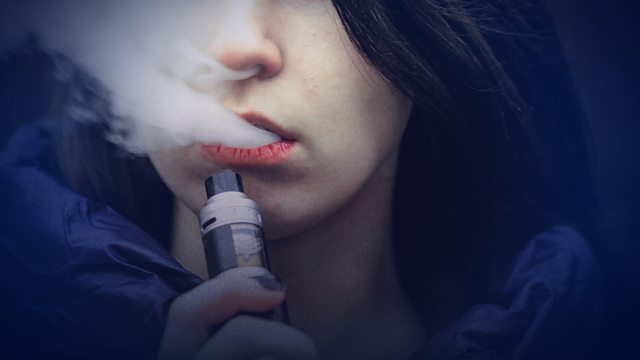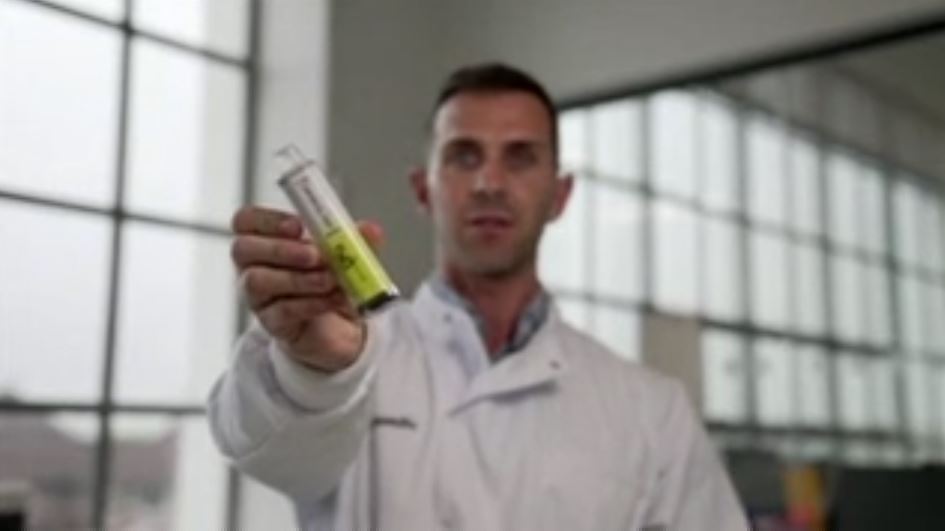Personalising PSHE with real-world insights
The Educational Recording Agency (ERA) enhances PSHE education by offering a comprehensive streaming platform with digital resources from the BBC and Channel 4. This platform provides teachers across the UK with high-quality content that supports engaging and relevant lessons. ERA’s resources, enriched with real-life examples and interactive media, help simplify teaching and make learning more accessible, ensuring that PSHE topics like health and social issues are covered effectively.

Teacher Testimonial:
We spoke with Jennifer Surtees, a PSHE and RE teacher at Acklam Grange School, who shared with us her experience of using ERA to support the teaching PSHE (Personal, Social, Health, and Economic) curriculum. Jennifer utilises ERA’s platform to integrate digital resources into her lessons, significantly enhancing the learning experience for her students.
Jennifer notes, "The site allows us to use up-to-date, real-life examples which enrich the Religious Studies and PSHE curriculums at our school. We have used the My Life My Religion series a lot this year, as well as recent BBC documentaries on vaping.”
One significant advantage of ERA, according to Jennifer, is its user-friendly interface. As the planner of the school’s PSHE lessons, she can easily share resources with her colleagues via the ‘Student Share’ link. “The site is easy to use. I plan our school’s PSHE lessons and can send the link to staff without them having to faff around with logins,” she explains.
Impact on Teaching and Learning:
Jennifer provides concrete examples of how ERA has impacted her teaching. In her PSHE classes, Jennifer has used the BBC Panorama documentary on vaping, Teenage Vaping: What’s the Harm?. The programme presents the latest research and personal stories related to vaping, helping students understand the potential health risks and societal impacts. This real-world context helps ensure the lesson is more relevant and engaging, prompting thoughtful questions and discussions among students.

Lesson Plan
- Pre-Class Preparation:
– Homework Assignment: Students should familiarize themselves with key terms related to vaping (e.g., e-cigarettes, nicotine, addiction) to prepare for the documentary.
- In-Class Activity:
– Documentary Viewing: Play the “Teenage Vaping: What’s the Harm?” episode. Encourage students to take notes on key points, statistics, and personal stories highlighted in the documentary.
Example Key Points:
- Link between vaping and lung inflammation and disease
- Vaping can contain higher levels of nicotine than cigarettes, making them more addictive
- Withdrawal symptoms can include headaches, nausea, fatigue and mental struggle
- Science suggests vaping can rapidly decrease the immune system
- UK Vaping Industry Association director admits underage vaping is an issue and that some flavours attract the attention of youths
- Vapes can be spiked with different drugs
- 1 in 3 vapes sold in the UK are illegal
- Increase in vaping following lock-down, and it’s increasing
- There is still so much unknown about the risks
- Class Discussion:
– Key Themes: Discuss the health risks, such as lung damage and addiction, as well as the long-term impact of the rise in teenage vaping.
– Personal Reflection: Ask students to consider why young people might start vaping and the role of media and peer pressure.
– Additional Information: Utilise ERA’s resources and other reputable sources to provide further context on the legal and health implications of vaping.
- Vaping – Alcohol, Drugs, Smoking & Vaping – Issues Online
- Jordan North: The Truth About Vaping (era.org.uk)
- Vaping | BBC Breakfast (era.org.uk)
- Coma from vaping | BBC News at One (era.org.uk)
- Vaping claims | BBC News at Six (era.org.uk)
- Chemicals in vapes | BBC Breakfast (era.org.uk)
- Vaping | BBC News at Six (era.org.uk)
- Follow-up Activity:
– Research Assignment: Students to research the latest statistics on teenage vaping, focusing on trends, health studies, and any new legislation. They should prepare a short presentation or report summarising their findings for the next class.
- Extension Activity (Optional):
– Debate or Panel Discussion: Organise a debate or panel discussion where students argue for or against stricter vaping regulations for teens. This will help them critically evaluate different perspectives on the issue.
This lesson plan aims to educate students about the potential dangers of vaping, promote critical thinking, and encourage informed decision-making regarding their health.
Analysis and Conclusion:
Jennifer’s experience with ERA underscores its value in PSHE education. By providing up-to-date and relevant content, such as documentaries on health issues such as vaping, ERA helps teachers address important topics in a targeted and effective way. The platform’s digital nature allows for seamless integration of high-quality visual and interactive materials, making lessons more engaging and impactful for students. ERA’s breadth of content, free from adverts, ensures a focused learning environment. Jennifer’s case demonstrates how ERA can help improve PSHE teaching, offering reliable and engaging resources.
